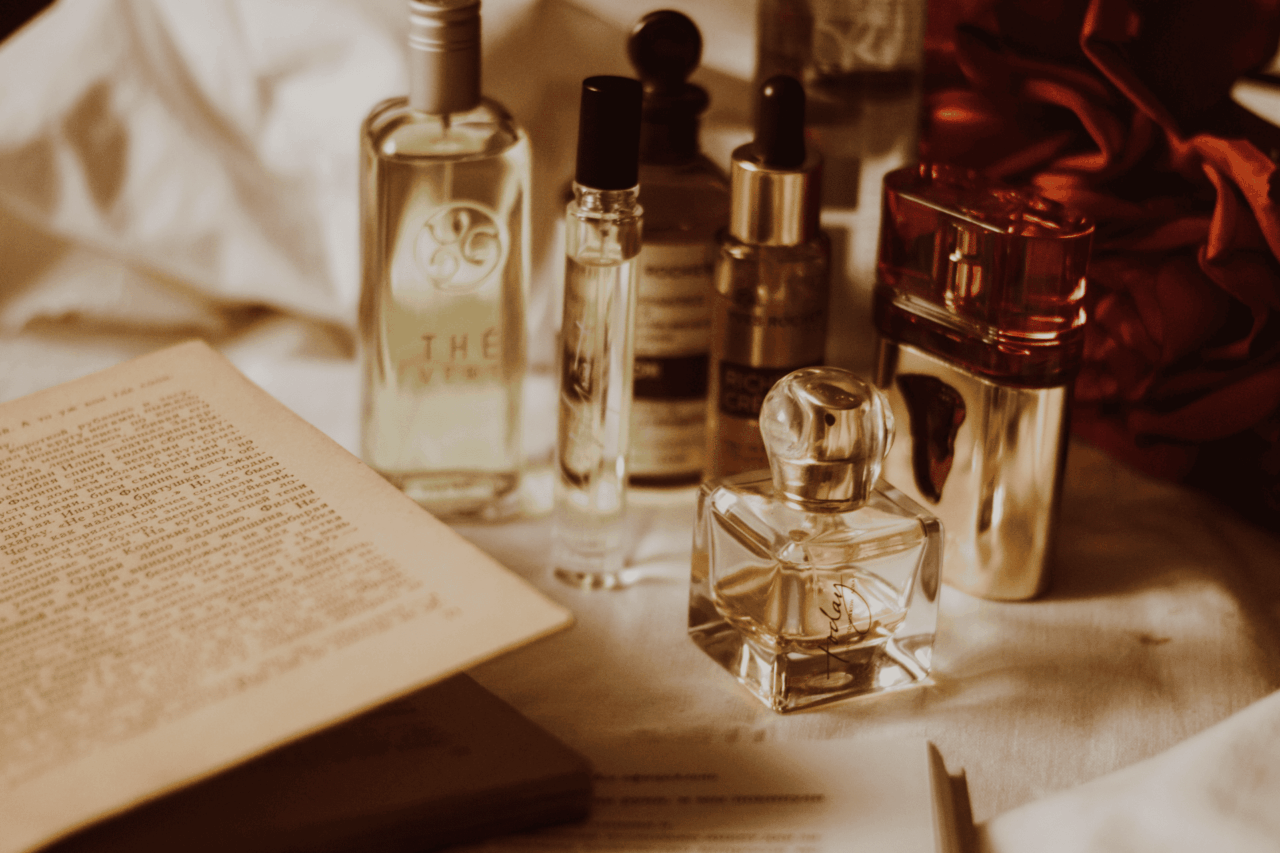The luxury beauty landscape may be on the cusp of a significant shift as one of the industry’s most established players prepares to redraw its boundaries. Coty, home to prestige fragrance licenses such as Gucci, Burberry and Hugo Boss is reportedly preparing to separate its luxury and mass-market divisions in a strategic effort to realign its future. This restructuring would mark a pivotal moment for the company—and for the wider luxury sector—as Coty looks to unlock greater value from its premium assets while navigating ongoing challenges in the consumer space.
Coty’s decision to explore a dual-track sale comes amid a complex mix of market pressures, internal challenges, and strategic recalibrations. The move has already sparked interest from industry players such as Kering—two names that signal a potentially high-stakes reshuffling of brand ownership in the global beauty market.
Luxury Division in the Spotlight
- The first phase of Coty’s planned divestiture is expected to focus on its luxury portfolio, which includes licenses for Gucci, Burberry, Hugo Boss, and Jil Sander.
- Interparfums is reportedly pursuing the Burberry license, a notable asset it once managed until 2013.
- Coty’s license with Gucci, signed for 50 years, is set to expire in 2028. Analysts expect Kering—Gucci’s parent company—to eventually bring Gucci Beauty in-house via Kering Beauté.
- The potential luxury divestiture could take the form of a strategic alliance or merger, rather than a traditional sale, signaling a nuanced approach to preserving brand equity and market positioning.
Consumer Division Faces Market Instability
- In contrast, Coty’s mass-market segment( home to brands like Covergirl, Rimmel London, and Max Factor) faces significant obstacles.
- Net sales for the consumer unit dropped by 9% in Q3 FY2025, and efforts to reposition these assets, especially in Asia, have so far failed to yield results.
- The FMCG division is reportedly attracting attention primarily from private equity firms, underlining limited strategic interest from major industry players.
Leadership in Question, Strategy Under Pressure
Coty’s potential restructuring unfolds amid mounting internal pressures and weakening market confidence. CEO Sue Nabi, appointed in 2020 and credited with steering Coty toward a more strategic and premium-focused direction, now faces scrutiny over a series of underperforming initiatives. Among the most notable missteps was the $200 million investment in Skkn by Kim, which was later divested at a $71 million loss. Similarly, Coty’s acquisition of a stake in Kylie Cosmetics has yielded disappointing results, with only the fragrance segment showing signs of commercial promise. These challenges have cast doubt on the group’s strategic direction, with Nabi’s possible departure looming this summer.
The company’s financials reflect this instability. Coty’s stock has plunged by 30.7% in 2025 alone, contrasting sharply with L’Oréal’s 9.9% gain and Estée Lauder’s modest 2.4% decline. This uncertain landscape could affect Coty’s future and reshape the competitive dynamics within the global beauty and luxury fragrance markets. As the company weighs its next move, all eyes are on the luxury segment—a space where brand heritage, strategic alignment, and long-term vision are more critical than ever.
Discover what’s new in the global luxury landscape: https://worldluxurychamber.com/insights-news/
SOURCES: MODAES





